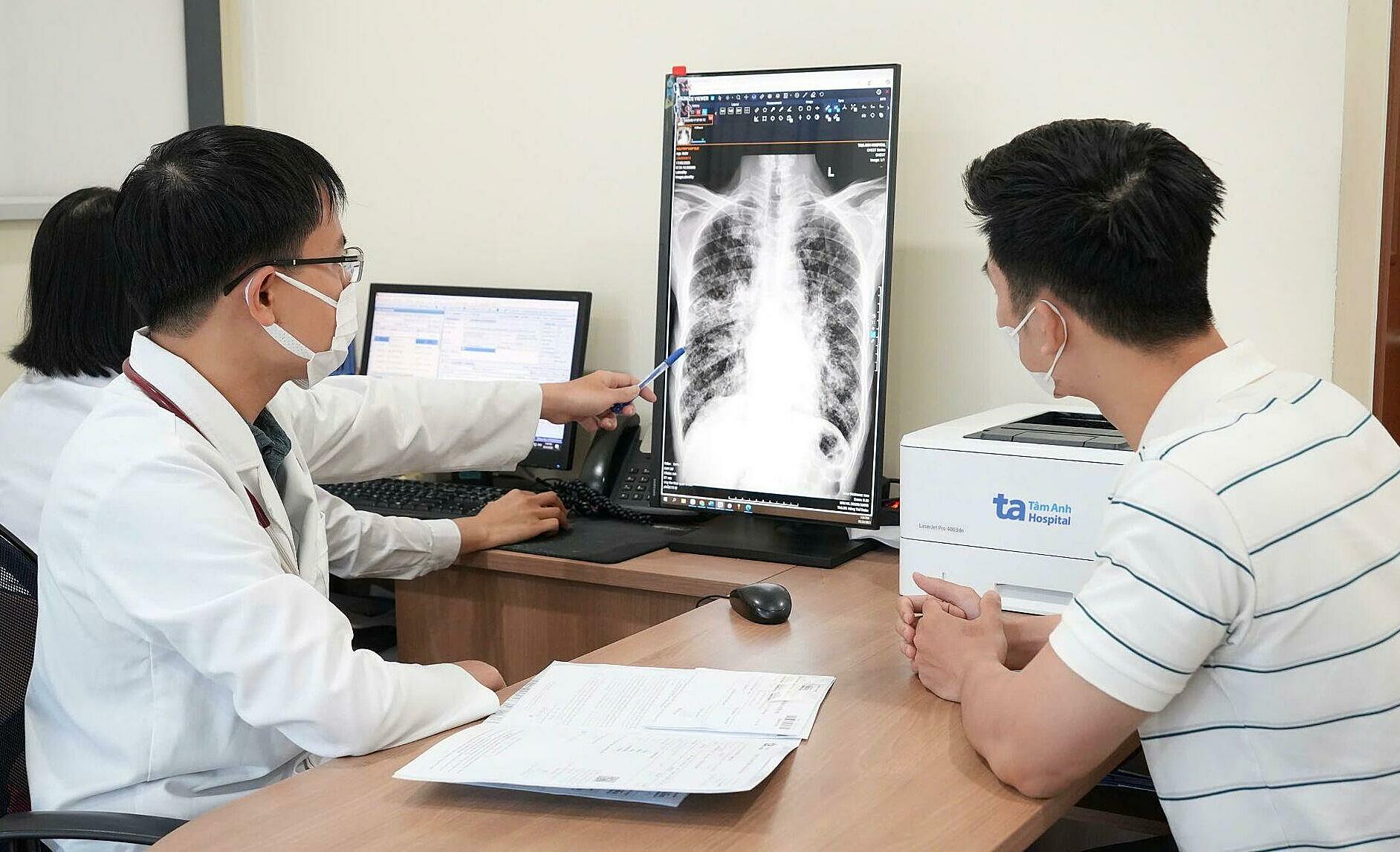Answer:
Under stress, your body releases adrenaline and cortisol. Adrenaline increases your breathing rate and dilates the bronchial tubes, making you breathe faster. In healthy lungs, breathing gradually returns to normal once the stress subsides.
However, prolonged or frequent stress can lead to an imbalance of oxygen and carbon dioxide due to continuous rapid breathing. This can cause breathlessness, dizziness, anxiety, chest pain, numbness, tingling, stiff fingers or arms, and fainting. This is even more serious for individuals with chronic obstructive pulmonary disease (COPD) or asthma, potentially triggering acute episodes with symptoms like wheezing, coughing, chest tightness, and severe shortness of breath.
Elevated cortisol from stress also stimulates appetite, leading to weight gain and obesity. Excess fat in the abdomen and around the lungs puts direct pressure on the diaphragm and chest cavity, restricting lung expansion and reducing lung capacity. This makes breathing more difficult, increasing the risk of sleep apnea and causing daytime fatigue. Obesity can also exacerbate and make asthma harder to control. Reduced lung capacity and hindered respiratory mechanisms make overweight individuals feel breathless even during light physical activity, gradually diminishing their ability to exercise.
For smokers, stress intensifies cravings. Nicotine quickly reaches the brain, triggering dopamine release, which temporarily alleviates some stress and anxiety symptoms. However, cigarette smoke introduces thousands of harmful substances that damage the lungs, exacerbating existing respiratory conditions.
 |
A doctor reviews a patient's lung X-ray. Illustration photo: Tam Anh General Hospital |
To protect your lung health, adopt a healthy lifestyle with a balanced diet rich in vitamins and minerals to strengthen your body's and respiratory system's defenses. Not smoking is crucial to preventing lung damage. Adequate sleep helps the body recover, reduces stress, and boosts the immune system.
You can also improve your mental well-being through meditation, deep breathing exercises, yoga, engaging in hobbies, and spending quality time with family and friends. Proper breathing exercises help regulate breathing rhythm, relax the entire body, and improve lung function.
MSc. Dr. Le Thi Hong Tham
Respiratory Department, Tam Anh General Hospital, Hanoi
| Readers can submit respiratory health questions here for doctors to answer. |












